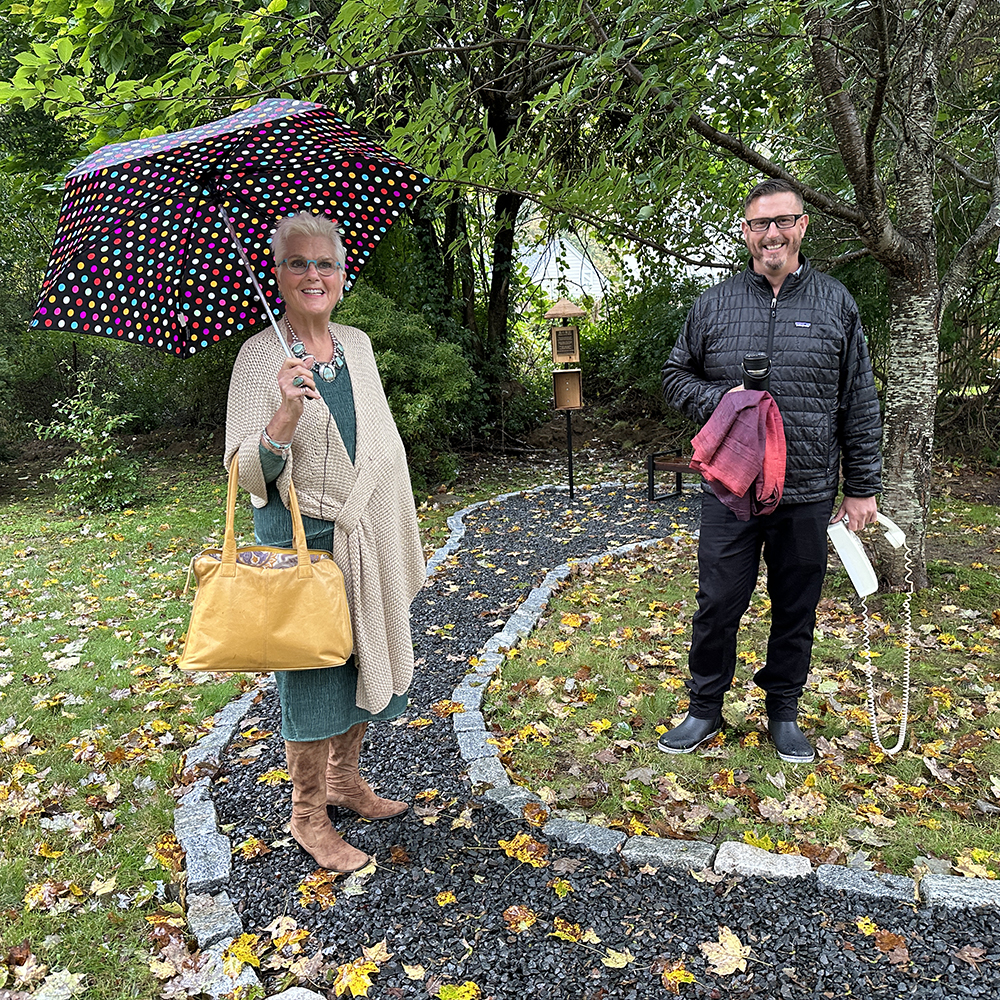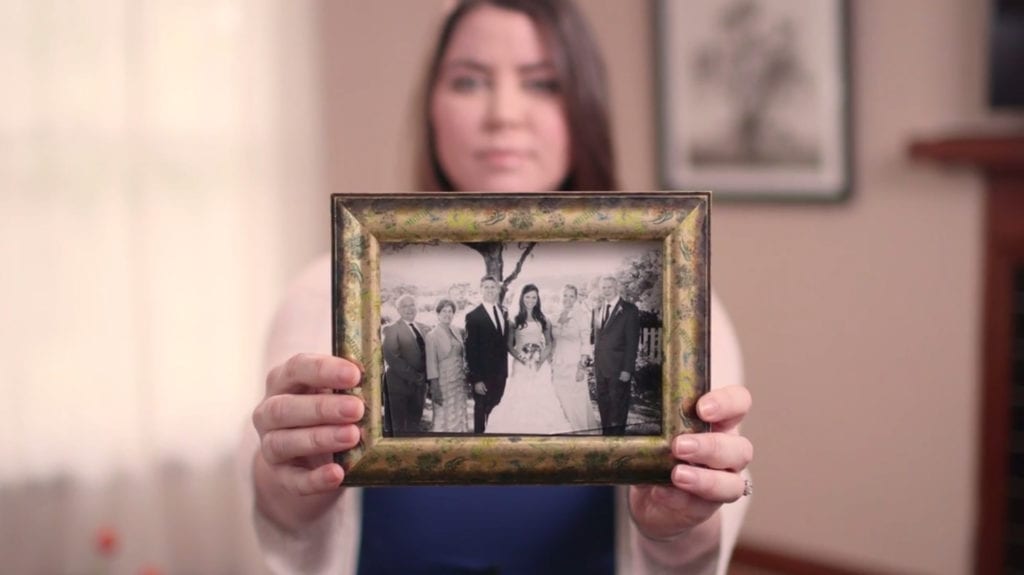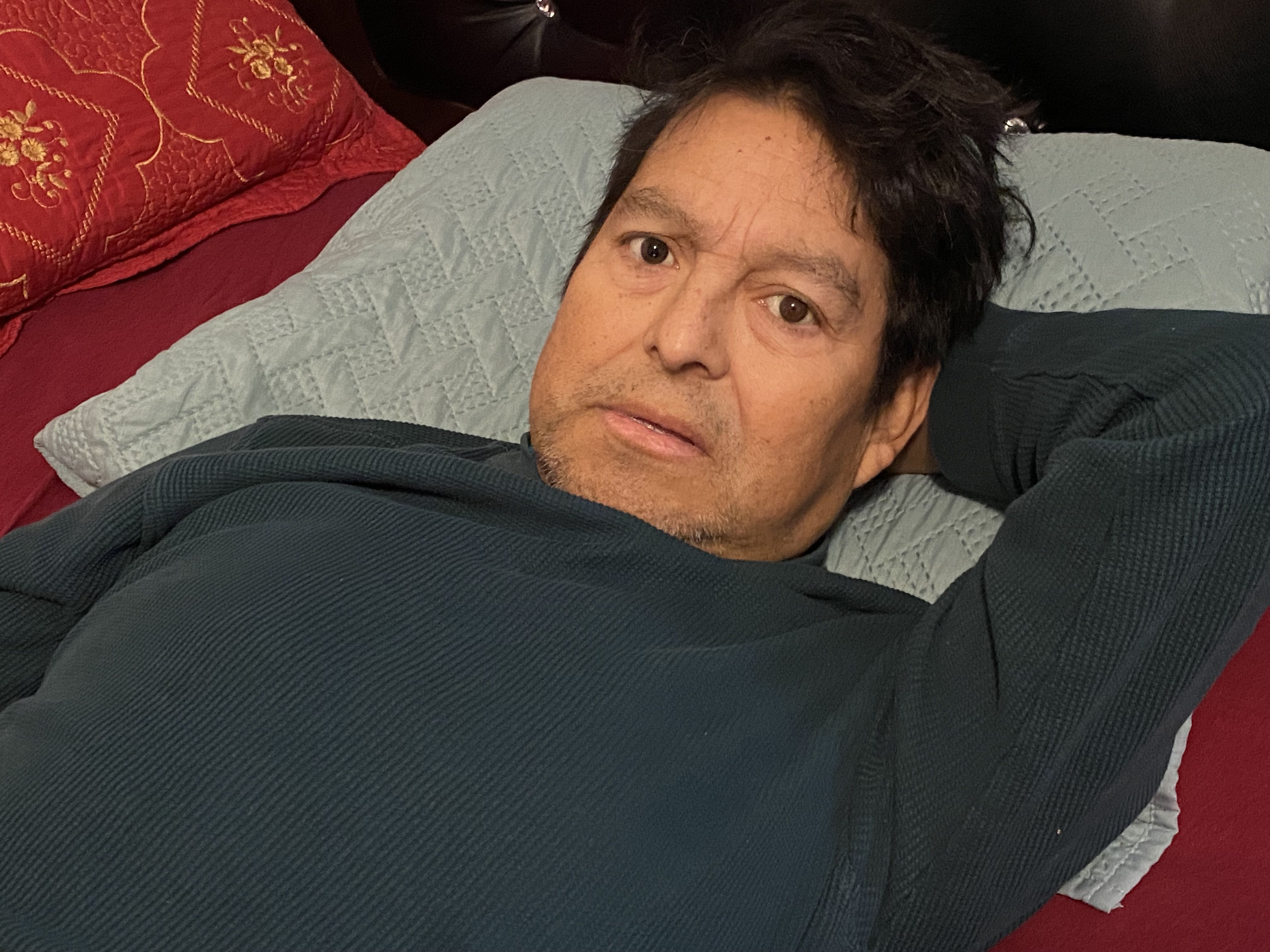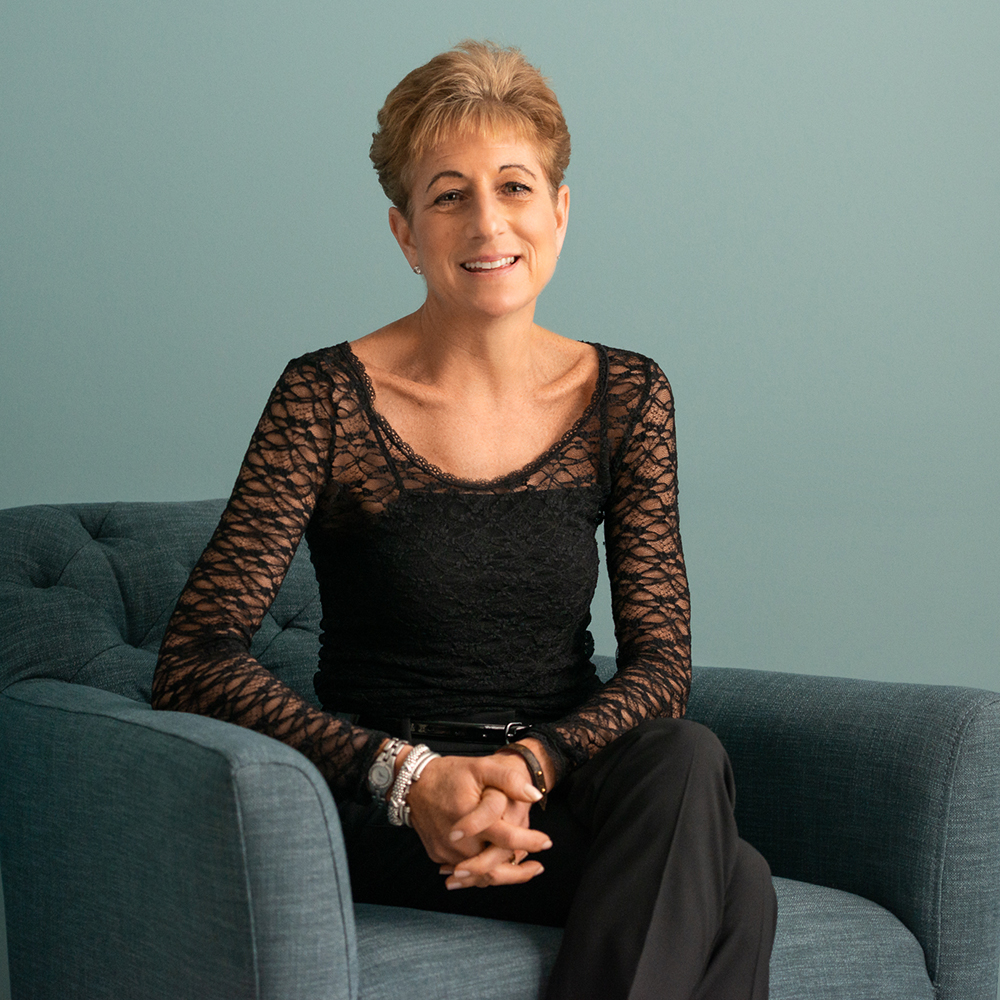Jacob shared his story in February of 2024.
My mom and dad had been longtime supporters of medical aid in dying, with my father being one of the only physicians willing to testify in favor of medical aid in dying in Connecticut for decades. For nearly 30 years, legislation never advanced in the Connecticut Legislature. Denied the option of medical aid in dying at home, Mom became a plaintiff in Compassion & Choices’ successful suit to remove the residency restriction in Vermont's aid-in-dying law. As a result of the case, Vermont lawmakers passed a new law just two months later, ending the residency requirement.
Being my mom, it was no surprise to me that she was going to advocate for medical aid in dying ‘til her last breath. What was a surprise was how her story resonated with so many people; it became nationwide news, stirring a much-needed dialogue about medical aid in dying. The autonomy of when and how a person dies was a right Mom believed every terminally ill adult should have.
She was always a larger-than-life person. She was the sun in my orbit. To see her do fantastical things was commonplace, and her influence on my life was enormous. Her advocacy for medical aid in dying was an extension of her lifelong fight for bodily autonomy rights. Growing up watching Mom standing up for the issues and people she cared for was routine. From being battered as a clinic escort for women accessing reproductive healthcare to sleepless nights community organizing, Mom taught me ideas were worth the sacrifice to see them through.
I didn’t understand her strong hand in my youth, though as an adult and parent I see that she was training me to be the leader she wanted me to become, not just another entitled male. She gave me a clear example of how to orient my moral compass. Her activism wasn’t something she did; it was who she was. Continuing in her footsteps feels only natural and right.
My mom and dad prepared me my whole life for death. The topic was never taboo. Once I was an adult, there were yearly talks about what to do in case my folks died. Then, beginning in 2018, Mom had three different cancer diagnoses in a five-year period, starting with breast cancer then melanoma the following year. After Mom's third cancer — late-stage ovarian — diagnosis, the one that would be fatal, it was unsurprising that medical aid in dying was one of our first talks as a family.
In July of 2023, I left my home, my children and my life in Colorado to be with and of service to the most influential person in my life. For the last five months of her life, Mom imparted the knowledge of how to nurture all the literal and metaphorical gardens of our lives as her disease rapidly progressed.
With Mom’s condition deteriorating fast, on the morning of January 3 she endured the arduous four-and-a-half hour car ride from Connecticut to Vermont. She grimaced in pain, was carsick and in a weakened state by the time of arrival at the private hospice care home where she would die using the option she championed.
The very next morning, feeling accomplished that she had made it to Vermont, Mom fist pumped the air with joy knowing she was where she needed to be. Separately, she gave each of us — me, my twin daughters, my sister — an enveloping hug and told us goodbye. Her husband of four decades at her side, Mom took the aid-in-dying compound and gently passed away just 45 minutes later, she and her body ready to let go. The whole process was so peaceful and filled with grace.
In the end, Mom got the death she wanted to have with her family all around her. The only thing that she didn’t get to do was die in her own home, her place with her people. Nothing was more cruel in this whole process than making my mom leave her home of more than 20 years, filled with special memories and comforting surroundings. No one should have to leave their home, friends, family, neighborhood or community because they want end-of-life bodily autonomy and don’t want to suffer. Connecticut should give their dying residents this option in their own home state. Mom should have been allowed to die in her home.
I will continue Mom's advocacy by sharing her experience and mine. After all, how could anyone be in that room and experience the peace this option gave Mom and not walk out an advocate? I think if people knew how beautiful and graceful the end of life was for my mother, that would change their minds. It’s something that is so simple that we can easily give to people, if lawmakers can get past their preconceived notions of what death should look like.
What did the state of Connecticut have to gain or lose by how much or how little Mom suffered during death? Nothing. It had no bearing on any state resource, outcome or individual. It angers me that she had to leave.
Thank you, Vermont, for doing what Connecticut couldn’t. We are forever grateful to a state where Mom didn’t even live for accepting her to come and seek out the death that she wanted.
We all have our own narrative of how we want our lives to end, and none is better than the other. None is right, and none is wrong. It’s our own. For my mother it was seeing through the wish she fought for — using Vermont’s medical aid-in-dying option as a nonresident to die on her own terms.
* * * * *
During Mom’s last months she learned of “wind phones,” an idea that originated in Japan where bereaved people use rotary phones installed in public spaces to hold one-way conversations with deceased loved ones. In her last year, Mom started collecting old rotary phones and founded a nonprofit, Lynda's Phones, that installs wind phones across the country. Her hope was that wind phones would help families embrace grief as “part of the fabric of life.”






